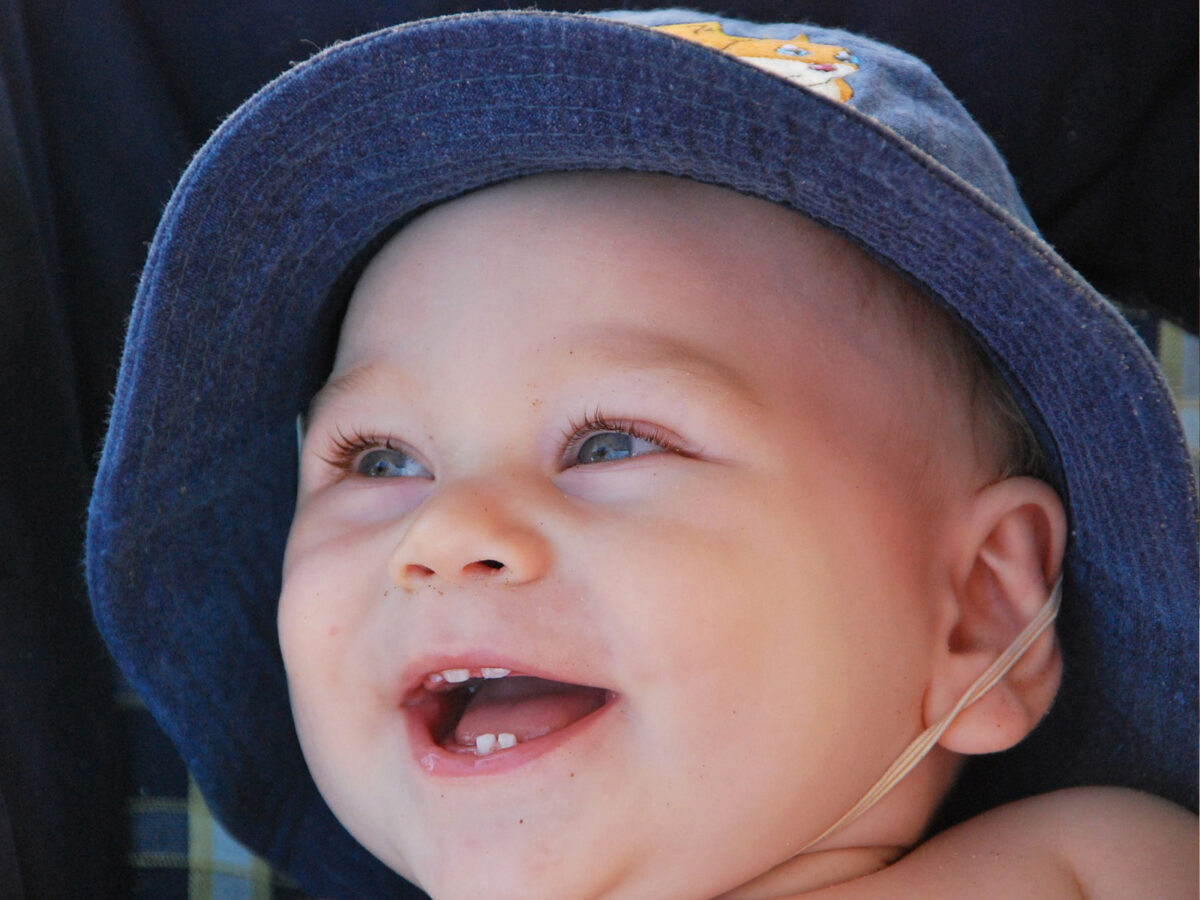Blog
Dental hygiene tips for healthy teeth & gums

Caring For Your Child’s First Teeth: Tips For Parents
There’s no better feeling than welcoming a new bundle of joy into your life, and with that adorable smile come tiny, pearly-white treasures: your child’s first teeth. As a parent, starting baby teeth care early is crucial to ensure your little one enjoys a lifetime of healthy smiles. In this article, we’ll walk you through the essentials of baby teeth care, from their eruption to proper oral hygiene.
All About Baby Teeth
The journey begins with the arrival of your baby’s first tooth, usually around six months of age. However, remember that every child is unique; some may start teething earlier or later. The first teeth to appear are usually the lower front incisors, followed by the upper front teeth. As new teeth emerge, you might notice common signs of teething, such as drooling, irritability, and a desire to chew on anything within reach.
Dental Care for Baby Teeth
- Clean Gums: Before those tiny teeth pop through, keeping your baby’s gums clean is essential. You can gently wipe their gums with a soft, damp cloth or a baby-sized toothbrush after feedings.
- Toothbrush Time: When those first teeth appear, switch to a small, soft-bristled toothbrush designed for infants. Use a tiny smear of fluoride toothpaste – about the size of a grain of rice. It is important for children to brush their teeth twice a day, before bedtime and in the morning.
- Regular Checkups: Schedule your child’s first dental appointment around their first birthday or within six months of the first tooth appearing. Regular checkups will help your dentist spot any potential issues early on.
- Bottle and Pacifier Habits: Avoid letting your baby fall asleep with a bottle filled with sugary liquids like juice or milk. Prolonged exposure to sugary drinks can lead to a condition called “baby bottle tooth decay.” Similarly, excessive pacifier use beyond the age of two can affect the alignment of your child’s teeth. Limit pacifier use and offer healthier alternatives like a soft, clean cloth or a favorite stuffed toy.
Diet Matters for Baby Teeth Care
What your child eats also plays a crucial role in their oral health. Here are some dietary tips:
- Limit Sugary Snacks: Sugary snacks and drinks can contribute to tooth decay. Limit the intake of candies, cookies, and sugary drinks. Choosing fruits and vegetables over unhealthy alternatives is a healthier option.
- Water is the Best Beverage: Encourage your child to drink water, especially between meals. In addition to rinsing away food particles, water keeps the mouth hydrated.
- Calcium-Rich Foods: Foods rich in calcium, like dairy products, leafy greens, and almonds, are essential for strong teeth and bones.
Teaching Good Oral Habits
As your child grows, involve them in their oral care routine. It helps build good habits and makes dental care a part of their daily life:
- Lead by Example: Children often mimic what they see their parents do. Demonstrate the correct way to brush your teeth to your children.
- Make It Fun: Get kids to enjoy brushing and flossing. Let your child choose their toothbrush and toothpaste with appealing flavors. Sing songs or set a timer for two minutes to make brushing enjoyable.
- Praise and Positive Reinforcement: Offer praise and rewards for a job well done. Positive reinforcement can motivate your child to maintain good oral hygiene.
Common Dental Concerns for Baby Teeth Care
Sometimes, despite your best efforts, dental issues may arise. Listed below are a few common concerns and how to handle them:
- Teething Pain: To soothe teething discomfort, offer a teething ring or a clean, cold washcloth for your baby to chew on. Consult your pediatrician if the pain persists.
- Thumb-Sucking: Most children stop thumb-sucking on their own, but if it persists past the age of four, you may need to discuss it with your dentist or pediatrician.
- Early Tooth Loss: If a baby tooth is lost prematurely due to injury or decay, consult your dentist. They may recommend a space maintainer to ensure proper alignment of permanent teeth.
Conclusion
Caring for your child’s first teeth is a journey of milestones and learning experiences. By starting early and following these tips, you can set your child on a lifetime of healthy smiles. Remember, dental care is not just about preventing cavities; it’s also about instilling good oral hygiene habits that will benefit them throughout their lives.


